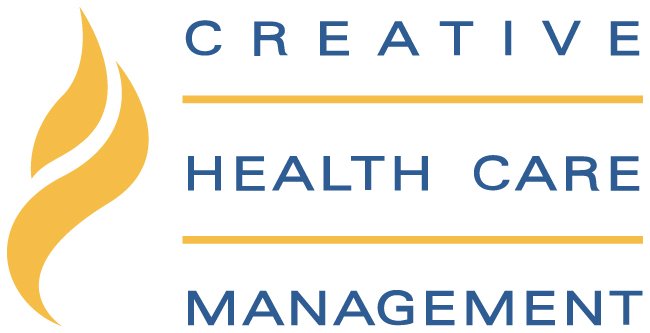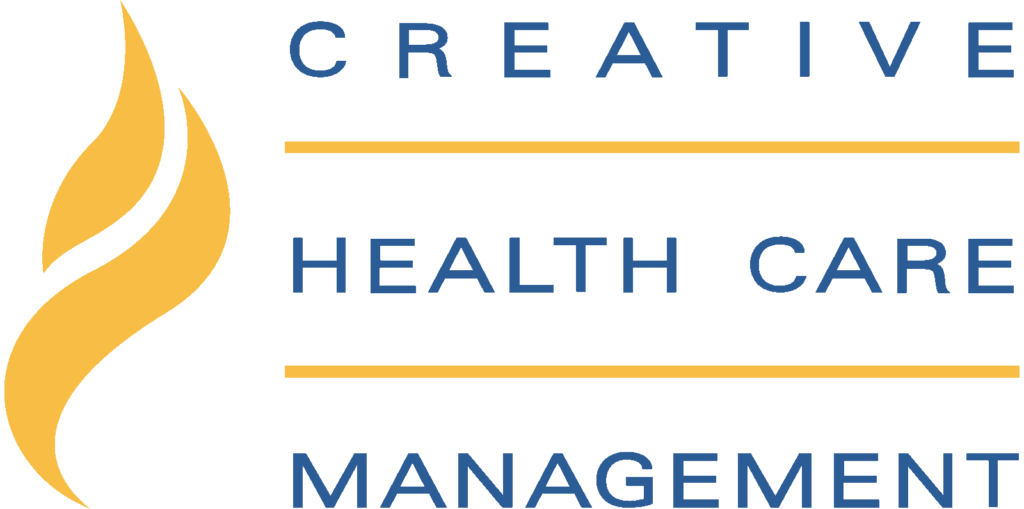The nursing profession is the backbone of the healthcare industry. The work they do isn’t just about caring for patients but involves ethical obligations to advocate on a patient’s behalf.
As patient advocates, a nurse’s primary commitment is to promote health and provide optimal patient care. This can range from offering the extra support that allows patients to heal and recover from illnesses, injuries, and operations to ensuring that the patient’s life-sustaining treatment is continued.
While you must finish a comprehensive nursing education and prove your competencies to gain the position of a nurse, nurses must follow the Principles of Nursing Ethics. This nursing code of ethics was developed in the United States in the late 1800s and is still used today to guide nurses’ actions.
For that reason, nurses must uphold a higher standard of ethics at work. However, you may have to deal with ethical issues at some point. Thus, in this post, we explained everything you need to know about ethical dilemmas in nursing — as well as options for solutions.
What Is an Ethical Issue in Nursing?
A nurse has the responsibility to uphold healthcare ethics, which is a set of standard rules that guide the work of nurses. It’s a complete guideline created by the American Nurses Association (ANA) that outlines the core principles of nursing practice. It defines ethical behavior and gives nurses a framework for making ethical decisions.
Apart from the rigorous education and training requirements, nurses must abide by certain ethical principles. These standards reflect the overarching position of authority that you hold in hospitals — as well as the duty you bear towards all patients. The concepts of quality, correctness, and rationality obligate nurses to provide care that is both compassionate and competent.
Although moral decision-making is a universal process, it takes on a different meaning in the worldview of nursing. Nurses are guided, first and foremost, by a professional perspective that defines the ethical decision-making process. To make the right choices, it’s necessary to look beyond the basics of nursing and follow strict ethical principles.
However, nurses often find themselves in a dilemma when faced with two or more options to take action that is, in some manner, inconsistent with their ethical values. Usually, this happens when the patient’s needs aren’t met, and compromises must be made to ensure the best solution for everyone involved. In these situations, there could be declines in the quality of care, problematic clinical relationships, and moral distress.
Ethical issues in nursing arise from a variety of situations. These can include:
- Patients refuse treatment despite the risk that doing so may cause their death.
- Tasks that conflict with your personal beliefs.
- The need to obtain parental consent for a child’s treatment.
- Minors’ involvement in decision-making.
- Conflicting values between patients and the nursing code.
- Confidentiality may come into conflict with other ethical principles.
As the above reasons indicate, ethical issues in healthcare will continue to be a concern. Thus, it’s time for hospital executives and nurse managers to address these issues as a priority to have a positive impact on patient care.
By working together, you can ensure (or if not, guarantee) their organizations uphold the principles of nursing ethics throughout all levels of the institution. And ultimately, it’s the patients who will benefit from this collaboration.
The 5 Current Ethical Dilemmas in Nursing

A competent nurse or healthcare professional is aware of the following situations to avoid ethical dilemmas and deliver optimal patient care.
Informed Consent
Informed consent is a crucial part of patient care. The term “informed consent” refers to a process where a patient or family members agreed to undergo treatment after being informed of the procedure’s possible risks and benefits or alternative treatment. Before a medical procedure begins, the patient must consent to the procedure. The informed consent should be in written form and must be signed by the patient to indicate agreement.
Informed consent is typically required for invasive procedures, chemotherapy, anesthesia, or other medical procedures. However, in the event of a medical emergency when a patient is unable to consent due to incapacity or a life-threatening condition, a physician may waive this requirement.
Protecting Patients’ Rights Through Education
Health literacy is the ability to obtain, read, understand, and use health information correctly. However, the Agency for Healthcare Research and Quality has found that close to a third of Americans have inadequate health literacy. Hence, health practitioners must ensure that patients understand a treatment or procedure before signing consent forms.
Do note that there have been instances when this fact has been used by courts in several cases. A patient signed a consent form for treatment but later claimed that they didn’t understand what was written. Given the importance of informed consent, including nurses in the process is vital.
As a matter of standard practice, you should educate your patients and let them fully understand their treatment procedure. Patients who are better educated about their health condition and medical treatment have a better chance of following through with treatment plans, which can improve health outcomes. Additionally, hospitals can reduce healthcare costs by avoiding delays that could compromise patient health.
The nursing process is most effective when patients’ rights are respected and preserved. Nurses and medical doctors must try their best to be clear with each patient and get them to understand their options.
By creating a supportive relationship with your patients, you can foster a sense of trust in the treatment plan and follow-through on the part of the patient. This ultimately leads to more positive outcomes.
Respect for Patient Autonomy
Nurses are expected to provide patient care that is based on the philosophy of respect for autonomy (or respecting a patient’s wishes). The philosophy states that all patients should be treated as autonomous beings and that healthcare workers should never take action to disprove this theory.
Patients should also be able to make their own decisions concerning health. Nurses should honor a patient’s choices about self-care — even if they feel that these choices aren’t sound for the individual’s health.
Autonomy & Beneficence
Two of the most fundamental principles of nursing are autonomy and beneficence. Autonomy is a person’s right to make decisions about their own well-being, while beneficence is ensuring that the patient receives quality health care for their own protection. These two principles can sometimes conflict, and you must find a balance between these two opposing elements. To solve ethical issues, you must engage patients in open discussion, share information with them, and negotiate as a team.
Meanwhile, even if you have a high level of empathy for your patients to be open to such discussions, you must establish personal and professional boundaries to avoid disclosing irrelevant information. You have to always speak the truth about what you believe is best for the patient — while still being open to disagreements.
Although you are required to place the needs of the patient first and foremost, you must still respect your patient’s wishes and make necessary changes accordingly. With patient autonomy, patients have the right to refuse medications, treatments, or procedures that they don’t feel are in their best interests.
According to the American Nurses Association code, when faced with such a conflict of interest, you must address the situation in ways that prioritize patient safety and best interests. At the same time, preserve your professional integrity and support individual and collective efforts between your team to uphold the nursing moral principles.
Even though it’s difficult for family members to see their loved ones in pain, as a nurse, you are obligated by the code of ethics to follow the patient’s wishes as long as the patient is fully aware of their situation and treatment options.
Collaborative Approach to Decision-Making
There was a time when it was believed that medical doctors and nurses know what is best for the patient. Hence, they just decided what is best without asking the patient.
However, this old-school approach has now changed by giving power back to the patients. This is done by taking a more positive approach that involves discussing options with the doctor in tandem with the patient’s point of view.
With shared decision-making, patients and doctors use a collaborative, patient-centered approach to medical care. Together, medical professionals and patients should work towards identifying the best treatment options when deciding about health care.
As mentioned earlier, ethical concerns can arise when patients don’t share a provider’s outlook on an illness or treatment plan. In relation to this, nurses are skilled communicators who play an instrumental part in explaining complex treatments to patients in language they can easily understand.
In addition, the patient should be informed of all their options, which when discussed with the provider allows for an individualized treatment plan that best suits the patient’s health concerns.
Personalized Care
In health care, patient-centered decision-making allows everyone involved to be a part of the process. That said, healthcare providers should build a therapeutic alliance based on trust and respect. They must try to understand their patient’s values, goals, and backgrounds (like religious and personal beliefs), and how these factors might shape their decision-making.
If possible, promptly establish a clear working relationship with your patient. Do note that patient-centered care involves creating an environment in which patients are active partners in their care. If you effectively develop a caring, respectful relationship with your patients, you can increase their sense of hope and overall well-being. This can have a positive effect on the success of their treatment plan.
Addressing Advanced Care Planning
Healthcare workers also often face ethical dilemmas while caring for patients during advanced care planning, particularly when it comes to end-of-life care. Advanced care planning, also known as advanced directives, is an extremely important part of each person’s healthcare.
Patients, often in collaboration with medical professionals, will document their future health care in the event of impending incapacitation. By making these plans, patients will feel more comfortable knowing that their wishes have been honored when they cannot communicate them.
A study published in the journal, The AMA Journal of Ethics, asserts that early palliative care results in better experiences for patients as they near death and for their family members. Thus, researchers propose enhancing end-of-life care through the strategic implementation of effective communication between physicians and patients.
You & the End-of-Life Care
As a competent patient advocate, you have a pivotal role in advanced care planning, especially if the patient is doing it alone. To guarantee the quality of life and reduce the burden on family members, you can help patients make well-informed decisions about their options for treatment at the end of life.
The nurse’s involvement is also vital to ensuring the patient’s preferences. For example, when patients have made clear their right to refuse treatment, a nurse’s involvement is essential to ensure that these wishes are honored.
Similar to other ethical concerns, patient autonomy is of utmost importance. Nurses are instrumental in championing a patient’s interests in end-of-life care. In the absence of an advanced directive — even if you know the patient’s wishes — family members typically retain legal authority to decide how the treatment is administered.
Following the Code of Ethics for Nursing

The ANA code states that “nurses provide care based on their knowledge and skills, with compassion, respect for human dignity, and concern for the quality of life.” Moreover, it demands that nurses provide competent care to each patient in a safe environment.
This means that you must follow all standard procedures and protocols — as well as perform all tasks competently. You are entrusted with the well-being of your patients’ lives, and you must do everything in your power to uphold this trust.
As a nurse, you should avoid conflicts of interest that might compromise your professional judgment and competency. The best response to ethical dilemmas in nursing is to review the ANA Code of Ethics and determine a solution to one’s unique situation.
A Glance at the ANA’s Code of Ethics
The nine provisions of the American Nurses Association’s Code of Ethics guide nurses to practice with integrity and moral principles. Here’s a quick overview of these 9 provisions:
- Compassion: As a nurse, you are required to practice respect for every person’s dignity and humanity.
- Commitment: As a nurse, you have a duty to safeguard the welfare of patients and to remain independent from all personal, financial, and emotional conflicts that might compromise your moral integrity. You must ensure you don’t create situations where your services may be compromised by your own interests or those of another person or group.
- Advocacy: It’s your duty to advocate for the health and safety of your patients.
- Responsibility: You must be accountable for the decisions you make and the actions that result.
- Self-regard: You are obligated to take care of your own health and well-being as diligently as you are for other people.
- Safety: Nurses, through individual and collective effort, should maintain the organization’s commitment to quality patient care by establishing, maintaining, and improving an ethical environment to ensure patient safety.
- Healthcare advancement: Nurses should advance their profession by engaging in practice-focused research, setting professional standards, and helping generate systematic nursing and health policy.
- Human rights: To be an effective healthcare provider, you have to collaborate with the public, other health professionals, and policymakers to protect human rights, promote health diplomacy, and work to reduce health disparities.
- Social Justice: Nurses are responsible to uphold the integrity of the nursing profession, articulate nursing values, and integrate social justice into nursing and health policy.
Progressive Solutions for Dealing With Ethical Issues
Nurses and other healthcare professionals are more likely than any other profession to deal with ethical issues in their careers. They must adhere to a set of rules to help them make decisions based on what’s best for the patient’s health. However, when there’s no clear answer to dilemmas, nurses must use their expertise and experience to come up with the best possible solution for the patient.
For that reason, staying in line with your responsibilities through continued training, education, and consulting is inevitable. A healthcare consulting company like CHCM can help nurses work through ethical dilemmas by providing them with guidance on how to handle these situations in a way that is both safe for patients and professional for themselves.
Creative Health Care management is staffed by former registered nurses who have years of experience dealing with ethical dilemmas. We can help you understand your role as an ethical leader in the healthcare community. Plus, give tips on how to conduct yourself properly when faced with an ethical dilemma.
To maintain competence among health professionals, some of the services we offer are:
See Me as a Person
Our 2-day workshop, See Me as a Person: Four Practices to Improve Quality, Safety and the Patient Experience helps your health care team more consistently create therapeutic connections with patients and their families. Participants gain the personal awareness, professional knowledge, and practical and repeatable skills required to see each patient as a person with his or her own unique story and response to the need for care.
Re-Igniting the Spirit of Care
This program creates a powerful learning experience for healthcare workers. As a participant, you can enhance compassion, self-care, and interpersonal skills in your field to achieve personal and professional growth.
Competency Assessment
In this consultation, leaders and staff members are equipped with a competency assessment model that will assist them in gathering relevant information about a person’s skills, abilities, and knowledge. It will help you declutter your inefficient competency system or system for ongoing development, which requires a lot of time and effort from managers.
Professional Development Training
Health care is more than just about treatments, medications, and procedures. It’s about creating therapeutic connections with patients and their families. After this session, you’ll achieve clinical excellence with every interaction and deliver patient-centered care.
Help Avoid Ethical Dilemmas in Nursing

Compared to other professions, healthcare professionals are more vulnerable to ethical dilemmas. Our innovative, yet proven programs will help you apply ethical principles in real-life situations through effective decision-making in various facets of clinical practice. We design solutions to help you explore and address complex issues and deliver patient-centered care with integrity.
Creative Health Care Management
If you are passionate about ethical values and professional boundaries in nursing and healthcare, Creative Health Care Management (CHCM) offers solutions based on exactly what your organization needs. Our consultants will guide you through professional standards development to ensure ethical practices.
Sources:
Code of Ethics for Nurses – American Nurses Association
Paterick TE, Patel N, Tajik AJ, Chandrasekaran K. Improving health outcomes through patient education and partnerships with patients. Proc (Bayl Univ Med Cent). 2017 Jan;30(1):112-113. doi: 10.1080/08998280.2017.11929552. PMID: 28152110; PMCID: PMC5242136.
AMA J Ethics.
Common Examples of Ethical Dilemmas in Nursing – Pacific College
Haddad LM, Geiger RA. Nursing Ethical Considerations. [Updated 2022 Aug 22]. In: StatPearls [Internet]. Treasure Island (FL): StatPearls Publishing; 2022 Jan-. Available from: https://www.ncbi.nlm.nih.gov/books/NBK526054/
Re-Igniting the Spirit of Care
Nursing Ethics: Ethical Decision-Making for Nurse Leaders – Maryville University
4 Ethical Dilemmas in Nursing – Regis College
What is the Nursing Code of Ethics? – nurse.org
Common Ethical Issues in Nursing Practice – nursingeducation.org
Nursing ethics: 4 main principles – phoenix.edu
Why Ethics in Nursing Matters – Southern New Hampshire University





